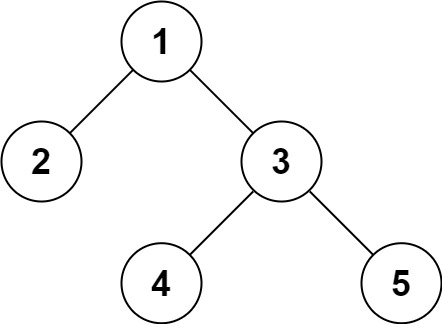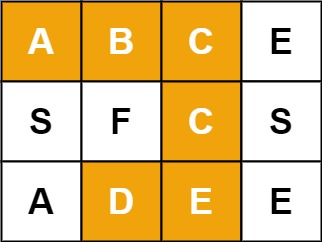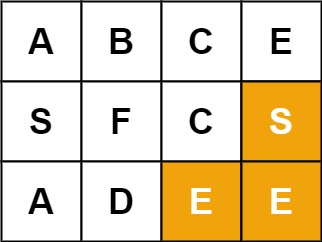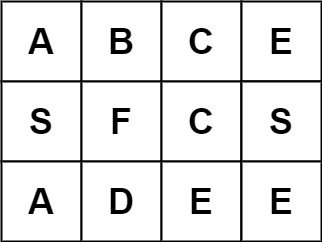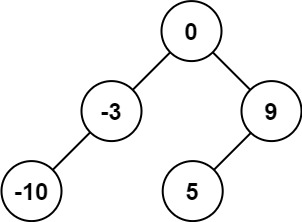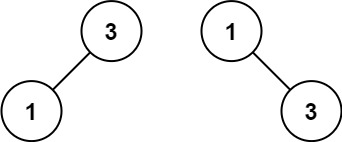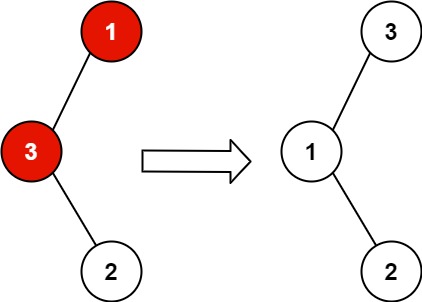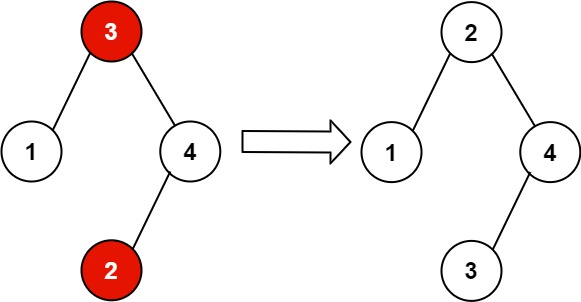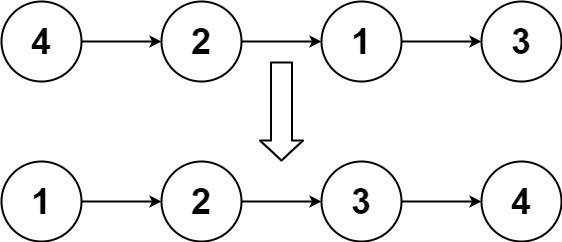Suppose an array of length n sorted in ascending order is rotated between 1 and n times. For example, the array nums = [0,1,4,4,5,6,7] might become:
[4,5,6,7,0,1,4]if it was rotated4times.[0,1,4,4,5,6,7]if it was rotated7times.
Notice that rotating an array [a[0], a[1], a[2], ..., a[n-1]] 1 time results in the array [a[n-1], a[0], a[1], a[2], ..., a[n-2]].
Given the sorted rotated array nums that may contain duplicates, return the minimum element of this array.
Example 1:
Input: nums = [1,3,5] Output: 1
Example 2:
Input: nums = [2,2,2,0,1] Output: 0
Constraints:
n == nums.length1 <= n <= 5000-5000 <= nums[i] <= 5000numsis sorted and rotated between1andntimes.
Idea:
Divide and Conquer
Solution:
/**
* @param {number[]} nums
* @return {number}
*/
var findMin = function(nums) {
return searchMin(nums, 0, nums.length - 1);
};
function searchMin(nums, l, r) {
// exit recursion:
// only one or two elements in the array
if (l + 1 >= r)
return Math.min(nums[l], nums[r]);
// this array is sorted
if (nums[l] < nums[r])
return nums[l];
let mid = l + Math.floor((r - l) / 2);
return Math.min(searchMin(nums, l , mid), searchMin(nums, mid + 1, r));
}